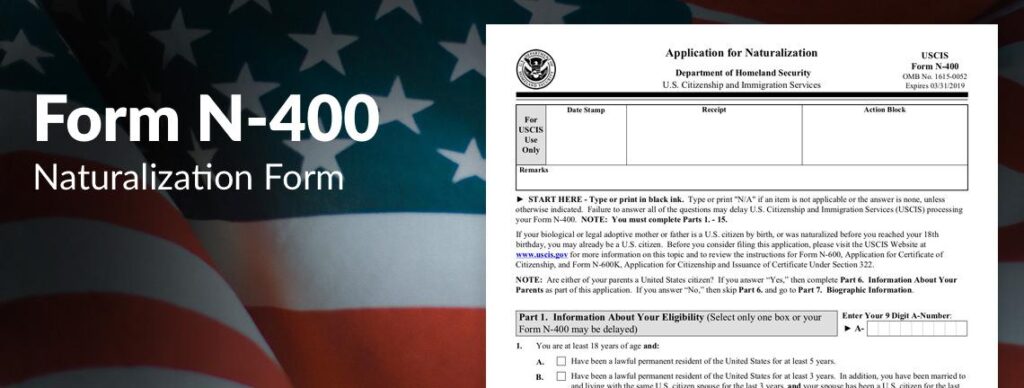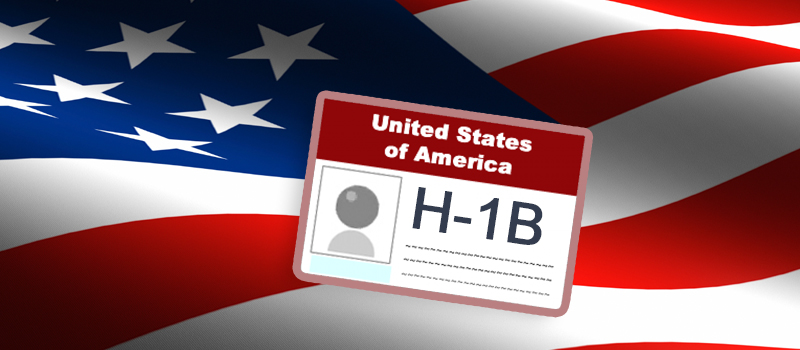
In a phone conference on Friday, August 3, USCIS Director Alexander Mayorkas announced additional information about the DREAM deferred action program, now called Deferred Action for Childhood Arrivals (DACA).
Forms available August 15
Unfortunately, the forms for the program will not be available until August 15. More rules will be made public that day too. So it is impossible to apply now, and impossible to full out the necessary forms now. USCIS will accept applications beginning August 15.
Fees
USCIS fees for DACA will be $465: a $380 fee for work authorization and $85 for biometrics (fingerprinting). Fingerprinting at a USCIS office will be a mandatory part of the process.
Helpful clarifications on school enrollment, crimes and travel after entry
Education
The education requirement of the program (that you re in school, have graduated high school or have a GED) has to be met as of the date that you apply. So someone who is otherwise eligible who dropped out of school, but reenrolls or gets a GED before applying, will be eligible for the program. This is a great opportunity for people who dropped out to advance themselves academically and also get work authorization.
Crimes
While the criminal standard is still strict, the proposed definition of a significant misdemeanor is now more reasonable than USCIS suggested in a prior teleconference. The new definition is either:
a crime where the maximum sentence possible is between five days and one year;
is a DUI, domestic violence offense, sexual abuse or exploitation offense, burglary, gun offense, or drug sale offense.
or an offense where the sentence imposed required time in custody of more than ninety days.
While there is still a lot of danger in the definition, particularly DUI and domestic violence convictions being automatic prohibitions regardless of sentence, the new definition will not bare people with typical Connecticut first-offense shoplifting convictions where a suspended sentence or very short jail sentence was imposed. Assault Third Degree convictions with similar suspended or short sentences that do not involve family members or people you live or have been in a relationship with should also not automatically end your eligibility.
Conviction of a felony (a crime where the maximum possible sentence is over a year) still excludes someone from eligibility, as will conviction of three or more misdemeanors. Another bright spot is that a conviction for traffic offenses like driving without a license or registration will not be considered to be misdemeanors.
One important caution: being eligible is not a guarantee of being approved! This is a discretionary program, and if you have convictions, even convictions that do not automatically exclude you from the program, there is a chance that you will be rejected.
No appeals
Again, because this is a discretionary program, there will be no appeal if you are rejected.
Brief travel
“Brief, casual and innocent” trips outside the United States before August 15, 2012 will not stop you from applying. (Any travel outside the U.S. without special advance permission from USCIS after August 15 will be fatal to your case.) So short, voluntary trips abroad of a month or less prior to August 2012 should not present a problem. However, you will not be eligible to apply if you left the country under an order of voluntary departure or removal. It is unclear what the status of trips of one to six months will be.
You must be illegal
To be eligible to apply you must have been out of status as June 15, 2012.
Getting put in deportation
Cases that are rejected that involve crimes, fraud, a threat to national security or public safety will likely be referred to Immigration and Customs Enforcement (ICE) to start removal (deportation) proceedings. In the past many offenses, including DUI offenses, have been treated by the government as creating a danger to public safety.
Still a lot of uncertainty
There is still a lot of uncertainty, both about particular rules and features of the program, and also about the longer-term danger that Congress or a future president could change all these rules overnight. This program will be beneficial for many people, but it does not legalize anyone or create long-term security.



